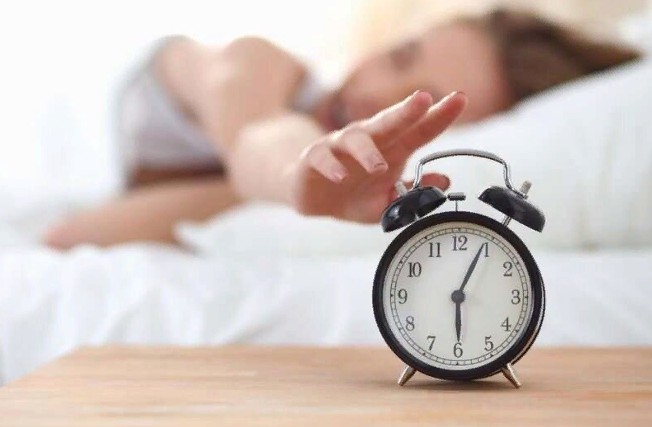The American Academy of Sleep Medicine (AASM) believes that daylight saving time shifts in the spring and fall should be abolished because they bring health and safety issues.
According to the academy, changing the clocks ahead and losing an hour of sleep has risks such as an increase in car crashes and fatal crashes, a rise in missed medical appointments, a higher risk of stroke and hospital admissions, a higher risk of mood disturbances, and a disruption of the body’s internal clock that harms sleep quality and leads to sleep loss.
“For years, doctors, politicians, and the general public have been discussing the health and safety benefits of removing seasonal time changes,” said Erin Flynn-Evans, a sleep and circadian researcher and a consultant to the AASM’s Public Safety Committee.
“Research demonstrates that time changes alter the body’s circadian rhythm, or body clock, which makes it more difficult to get good sleep and has negative health and safety implications,” Flynn-Evans said in a news statement from the academy.
On Sunday, March 13, Americans will advance their clocks by one hour.
A hearing on the effects of the seasonal time shift was held this week by a panel of the United States House of Representatives, and a bill filed in the United States Senate last year would make daylight saving time permanent countrywide. More than 40 states are debating whether or not to make changes to stop the shifting.
According to the Washington Post, two specialists who spoke at the subcommittee meeting stated the seasonal disruption is harmful to sleep and connected to serious health problems.
However, the American Association for the Advancement of Science (AASM) claims that data supports the use of year-round standard time rather than daylight saving time.
“There is no doubt that ending seasonal time change is the best thing for Americans’ health,” Flynn-Evans said. “A transition to perpetual daylight time, on the other hand, would result in a misalignment between the body’s daily rhythm and the schedule of normal social commitments like work and school, resulting in greater morning darkness in the winter. As a result, year-round permanent standard time is the greatest option for closely matching the circadian sleep-wake cycle.”
The American Academy of Sleep Medicine (AASM) has these ideas to help you adjust when the clocks go forward one hour this weekend:
- Adults should get at least seven hours of sleep and teens should strive for eight hours each night before and after the time change.
- Go to bed 15 or 20 minutes earlier each night.
- In the hour before bedtime, dim your lights and minimize screen use.
- Adjust scheduling of other daily routines that are “time cues” for your body. For example, start eating dinner a little earlier each night.
- On Saturday night, set your clocks ahead one hour in the early evening. Then go to sleep at your normal bedtime.
- Go outside for some early morning sunlight on Sunday. That will help set your internal clock.
- Then, go to bed early enough on Sunday to get plenty of sleep before the work week begins Monday.
“We’re hoping to remove seasonal time adjustments in the near future,” Flynn-Evans added. “Until then, it’s critical to be aware of the health and safety implications of the time change and to plan ahead as much as possible.”





